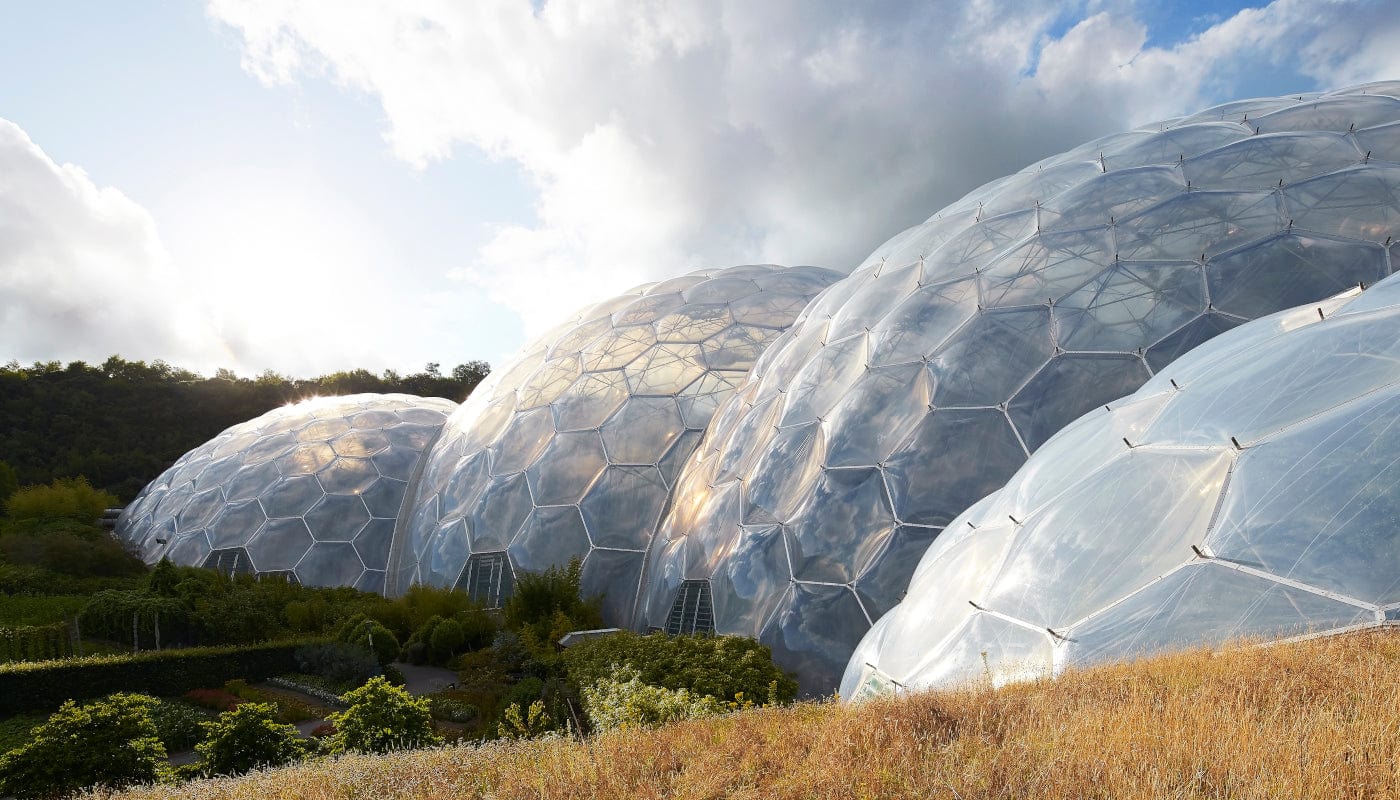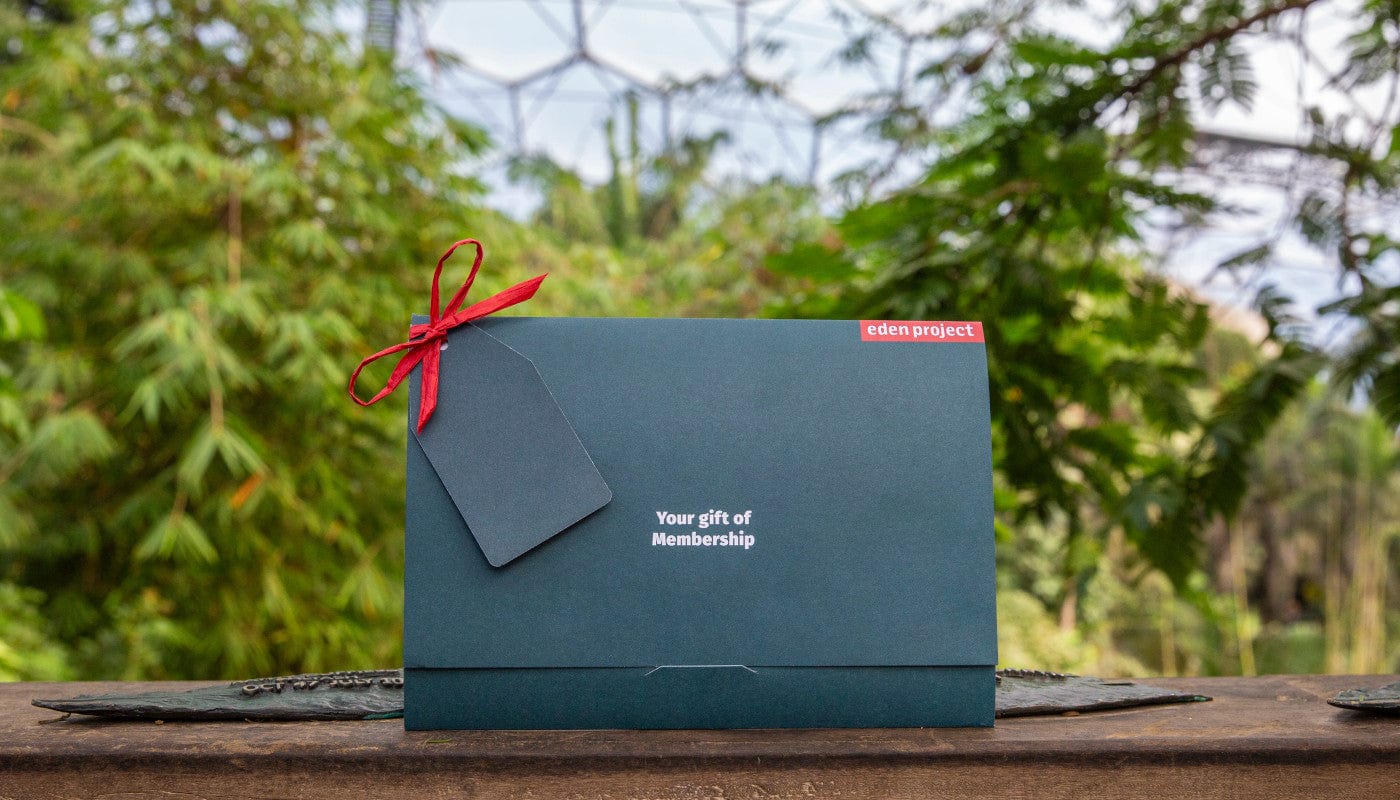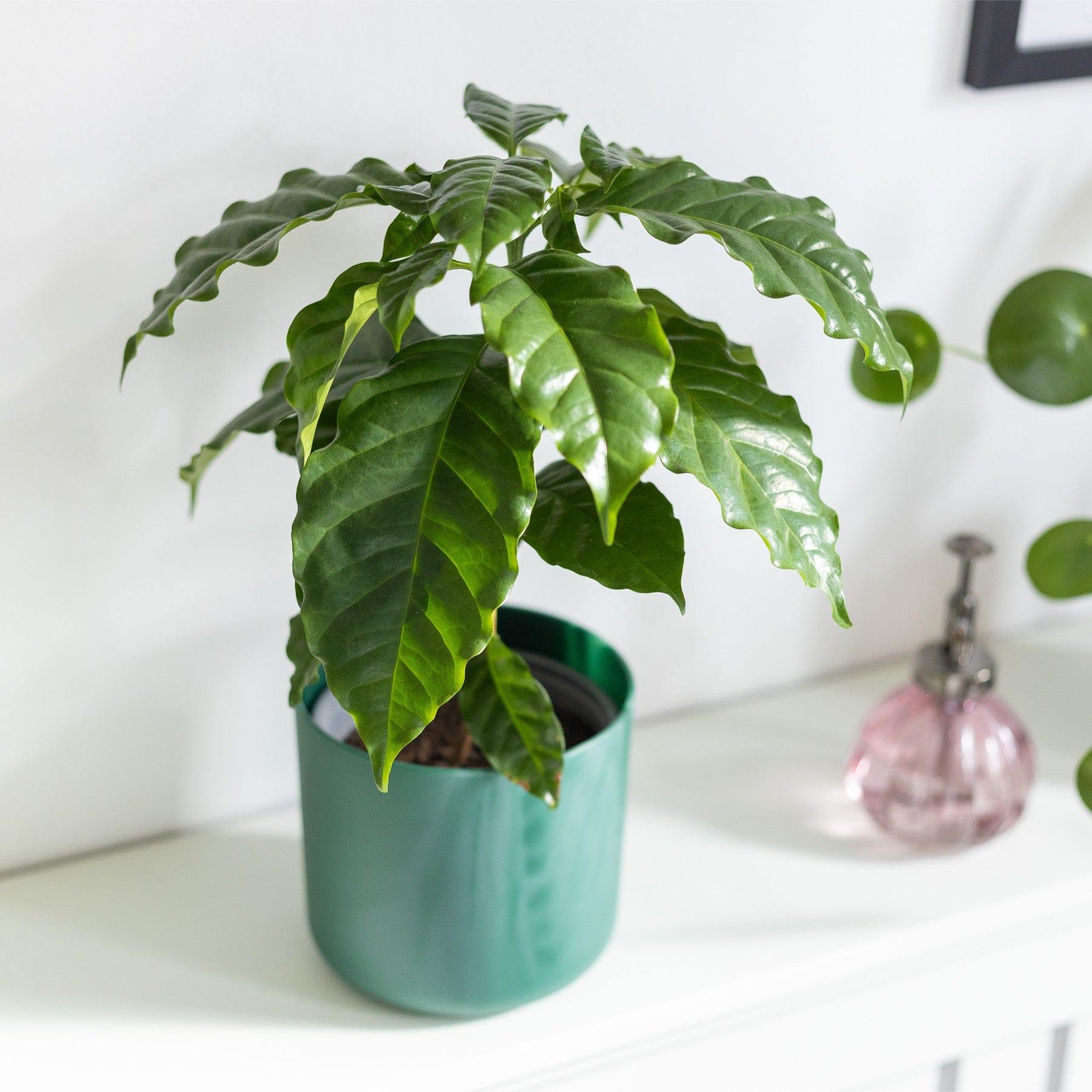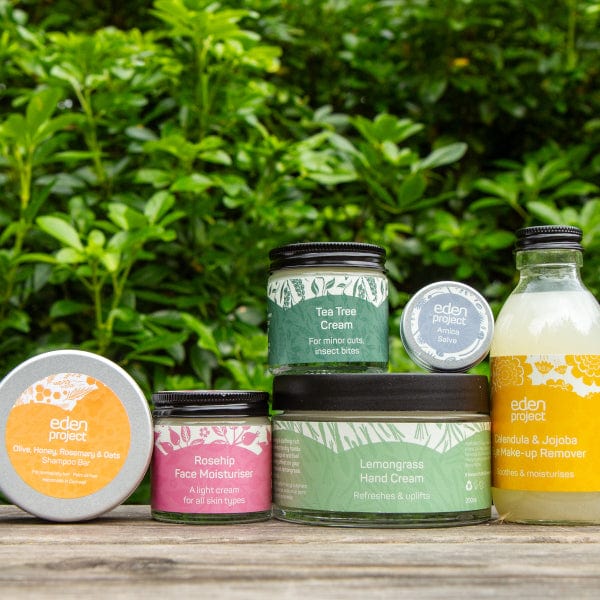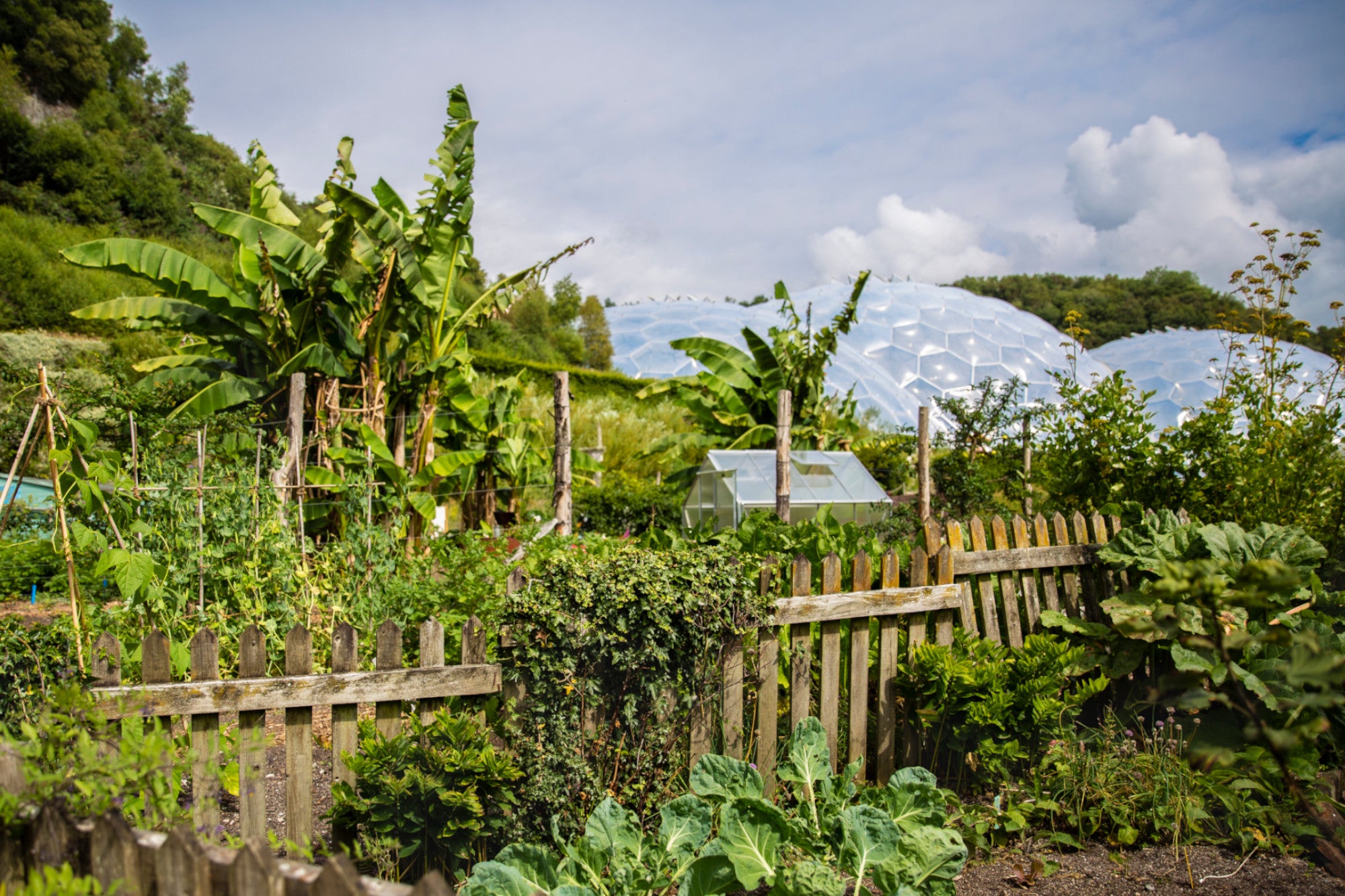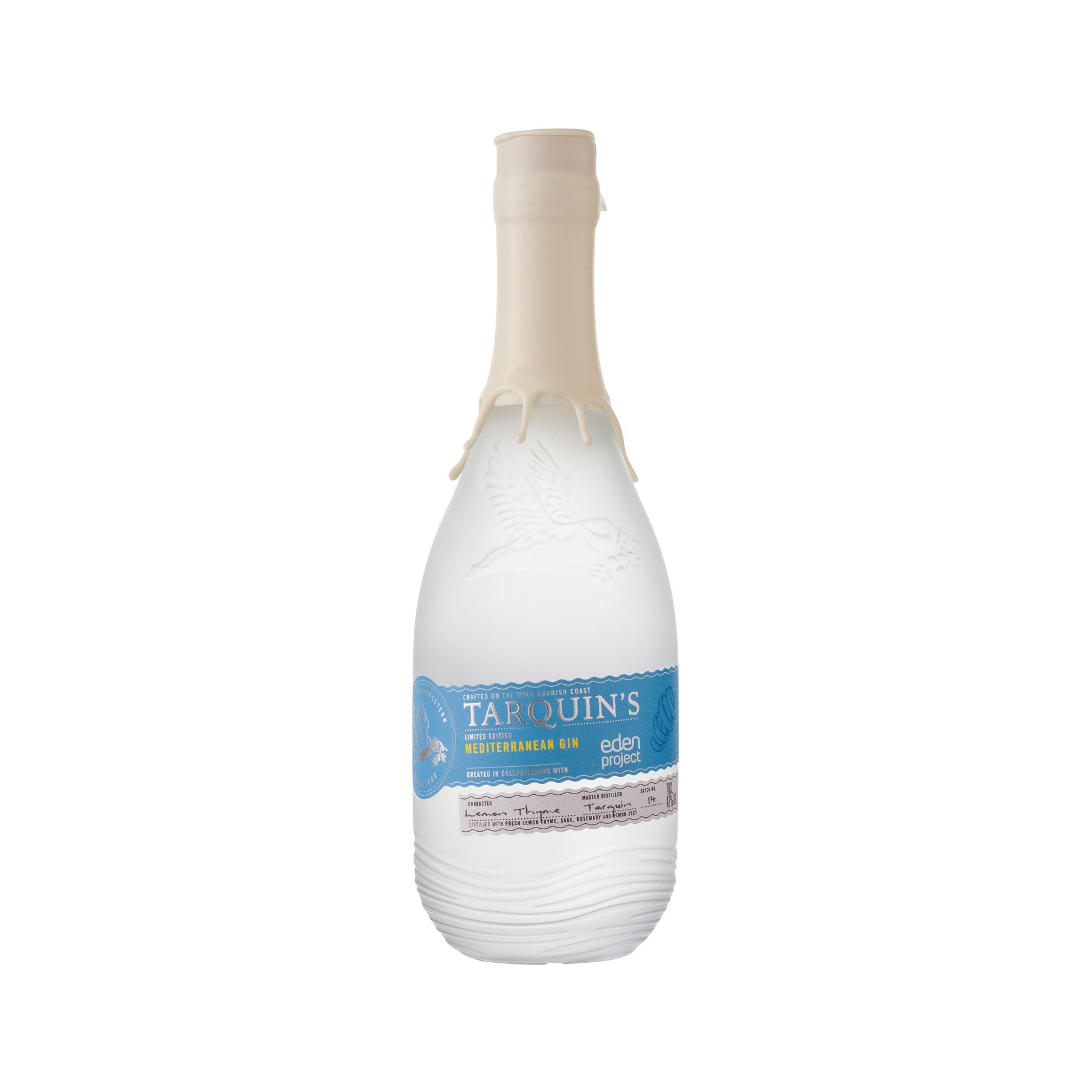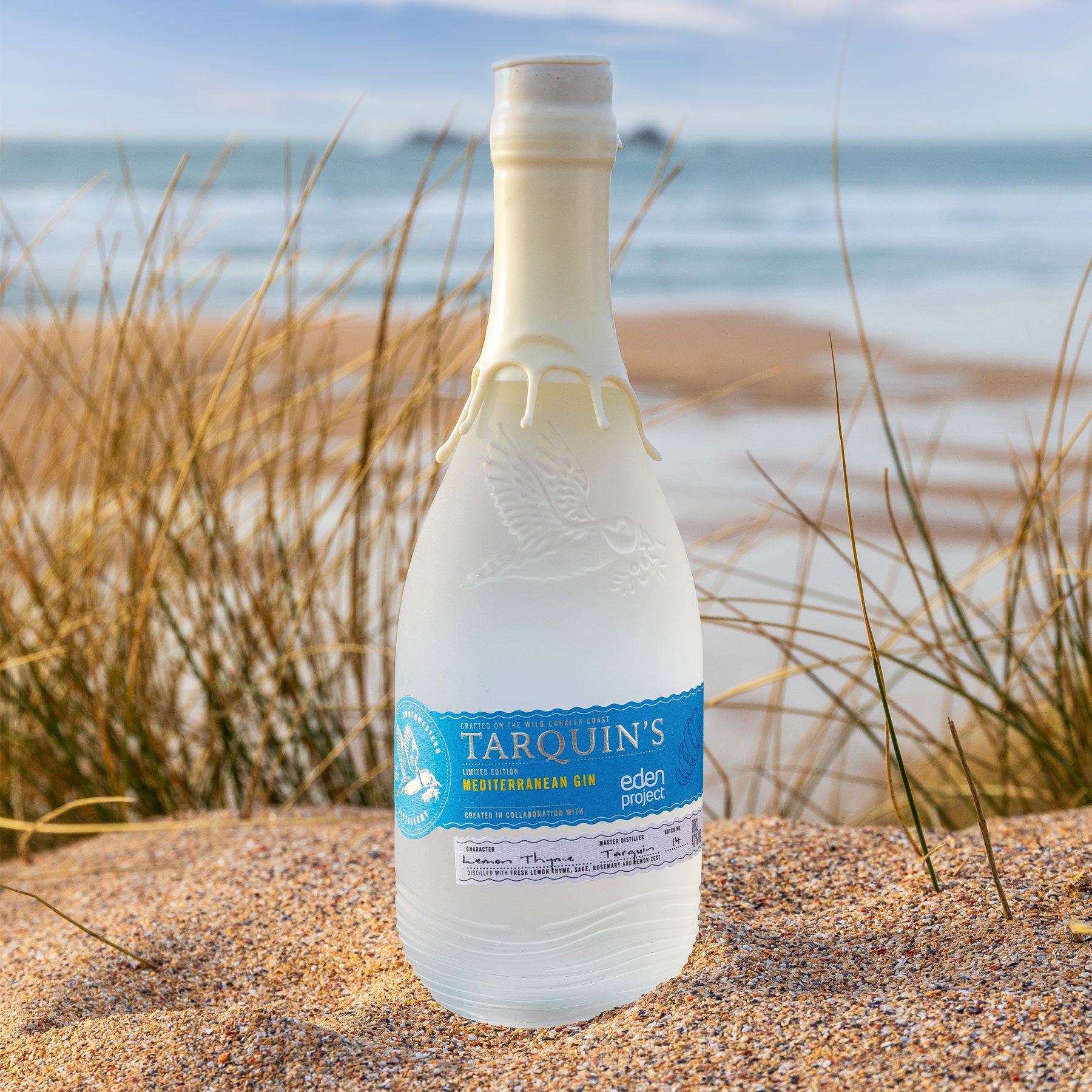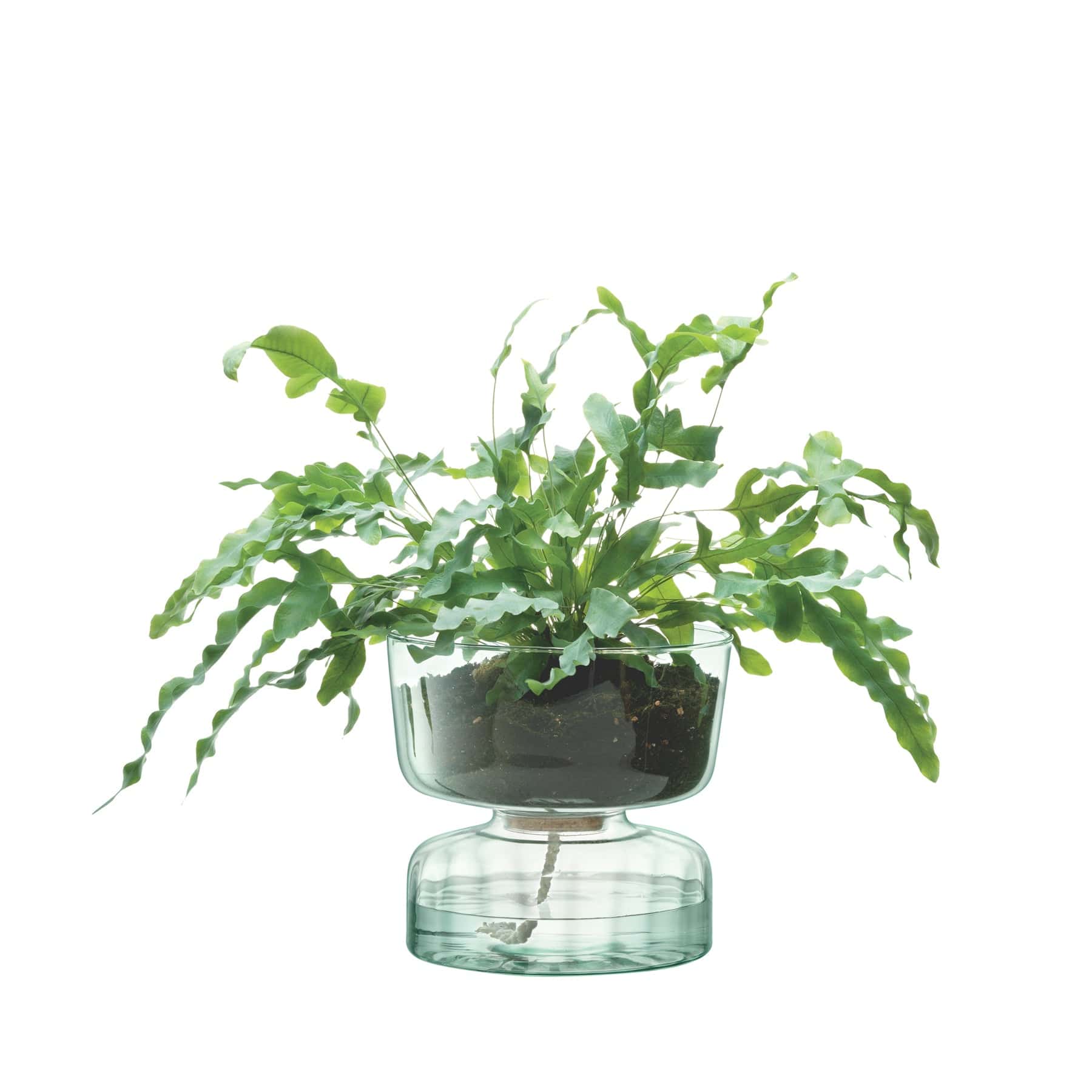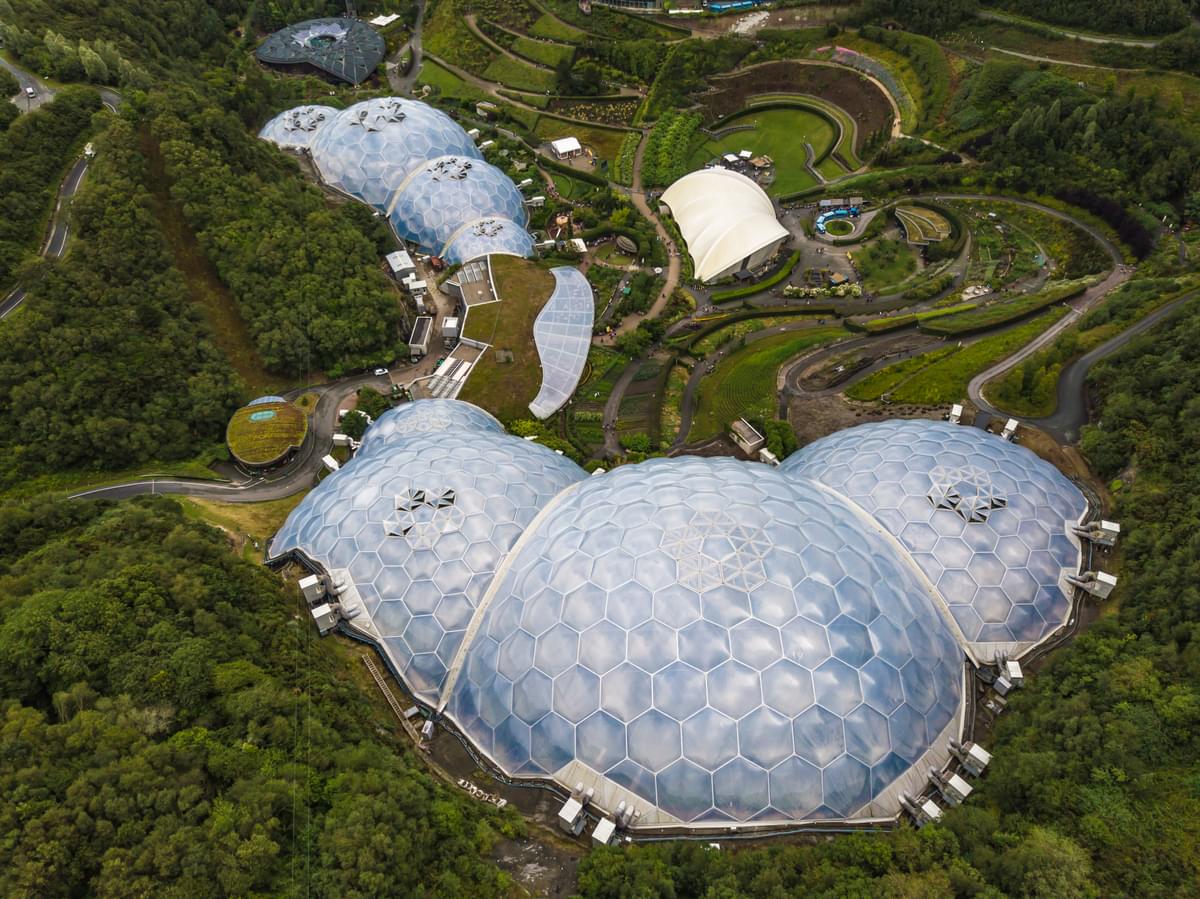10 Eco-friendly New Year's Resolutions for you and the Earth
The Christmas season is upon us and soon we’ll be making our way into the new year, likely with a goal or two that we’d like to work towards. Many of us are looking to make more conscious lifestyle decisions to better care for the planet.
If you’re looking for New Year’s resolutions that can help you and at the same time respond to the climate and biodiversity crises then read on.
How can we be more sustainable in the new year?
While great systemic change is required to overcome the planetary emergency that we are in, there are small ways we can individually live more sustainably to help reduce our own impacts. Studies conducted by the Met Office predict that 2024 will be another record breaking year for global temperature rise. A further study by the United Nations states that in order to limit global warming, greenhouse gas emissions must be cut by almost half by the year 2030. The time to begin making real impactful changes is right now. From cutting your energy use to growing your own food, we cover some of the great ways you can make a difference as an individual in 2024.
Eco-friendly New Year’s Resolutions
From small changes to implement in your everyday life, to some bigger commitments, we’ve put together a list of recommendations for you to strive towards in the new year and beyond.
-
Reuse everyday items
Starting small, we can reduce waste by opting for reusable items rather than disposable ones. For example, investing in a stainless steel water bottle can be a great way to reduce plastic consumption instead of grabbing a disposable water bottle when on the go. In a similar vein, consider purchasing a double-walled reusable coffee cup instead of relying on the paper ones supplied at coffee shops. This reduces waste and keeps your beverage warmer for longer.
You could also opt for glass tupperware for your food storage instead of plastic, which over time becomes worn and contributes to waste. Another great kitchen swap is to invest in some quality cleaning cloths made from sustainable materials, for cleaning up spills instead of kitchen towels. These changes may require a small initial investment, but they’ll last a great deal longer than disposable alternatives and are a great way to lessen the amount of waste you produce on a day-to-day basis.
 |
|
| Love our Earth sugar cane water bottle |
-
Lower thermostats
Turning down your thermostat by just 2 degrees Celsius can reduce your carbon emissions by up to 145 kg of CO2 in one year. That is a huge impact from such a small, simple and likely unnoticeable change. Not only will this help to lower your carbon footprint, but it may also save you money on your energy bills.
-
Take public transport or walk short journeys
Unlike individual car use, public transport methods such as trains and buses are more energy-efficient, as they accommodate a far larger number of passengers which in turn reduces the overall fuel consumption per person.
If you’re going a shorter distance, then walking or cycling produce no emissions at all! This naturally makes them the most eco-friendly modes of getting from A to B.
If these alternatives are an option for you, you can help decrease pollution, lower traffic levels, and lower your own carbon footprint, and at the same time improve your own health through gentle exercise.
-
Use less water
Conserving water is a great, simple way to live more consciously and preserve this vital resource. Reduced water consumption can help to lessen the energy that is used when treating and distributing water, and so not only works against water scarcity but also helps to lower carbon emissions from these processes. It also helps to protect ecosystems by ensuring water levels in rivers and lakes are adequate for its inhabitants to thrive.
Some great ways to save water that require very little effort include turning off the tap when you’re brushing your teeth, shortening the length of your showers by just a few minutes and opting for a shower over a bath when possible. You could also install water-saving technologies in your home, such as a water meter, so you can be conscious of your water usage and actively work towards lowering your consumption. This can also help lower your water bills.
-
Avoid leaving appliances on standby
Many devices and appliances continue to use energy even when put on standby mode. This contributes to unnecessary electricity consumption. By switching devices off directly at the plug socket when not in use, you can help conserve the amount of energy being used and save money on your bill too.
-
Manage your household waste appropriately
Properly managing your household waste in line with your local council’s waste disposal guidelines is a fundamental step toward a more environmentally conscious lifestyle. Be sure to check what materials can be put into which bin and separate your general waste, recycling and garden waste appropriately. Too often, people toss non-recyclables in their recycling bins without thinking and vice-versa, which can lead to unnecessary landfill waste.
When recycling, make sure your containers are cleaned, as those that are left with food remnants on them may not be recycled. A quick rinse is all it takes and is a really simple habit to build.
-
Reduce plastic consumption
Plastics cause pollution in the environment across the globe, from plastic in the oceans to excesses in landfills. Plastic never fully degrades, having a devastating effect on nature. To lessen this impact, we can make some conscious changes as individuals that require very small amounts of effort. This includes taking reusable shopping bags when purchasing groceries, opting for loose fruit and vegetables instead of buying pre-packaged and, as mentioned earlier, reducing the use of single-use plastic such as water bottles, plastic straws and plastic cutlery. Opting for products with plastic-free packaging and supporting businesses that offer such items is a great way to help reduce plastic pollution.
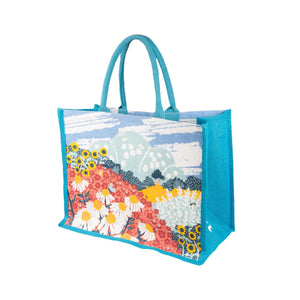 |
 |
| Extra large Eden scene jute shopping bag | Fete Bamboo toothbrush |
-
Stay local for your holiday
Staying local for your holidays can be a sustainable choice, as this helps reduce your carbon footprint associated with long distance car journeys or air travel. Not only can you reduce the environmental impact of long-distance travel, but staying local enables you to see and explore more of your home country. Local tourism also helps to boost local economies, which has a wealth of benefits both from a cultural and heritage perspective.
-
Grow your own food
Growing your own fruits, vegetables and herbs is a great eco-friendly activity, as it reduces your consumption of commercially produced and transported foods. This helps to lower the demand for this type of produce and in turn, the negative environmental impacts of industrial agriculture and distribution.
Growing your own food also allows for the use of organic and sustainable cultivation practices, without the need for harmful chemicals such as pesticides. This helps boost biodiversity and soil health, which in turn helps to store carbon. In addition, by growing what is in season where you live, you can feel more connected to your environment and enjoy a varied range of foods in your diet.
 |
| Shop a variety of Wildflower, Herbs, Salad and Vegetable seeds |
-
Begin composting
Composting is a great way to reduce the amount of organic waste heading to landfill, which in turn reduces the amount of methane being released into the air from landfill, contributing to global warming. The compost can be used in your garden soil as fertiliser, which enriches it with nutrients to improve the health of your plants and crops and reduce the need for harmful chemical fertilisers, allowing you to make food from food waste. Adopting a composting practice also helps to promote a circular approach to food consumption, which naturally produces less waste. Learn with us on how to make a compost heap.
 |
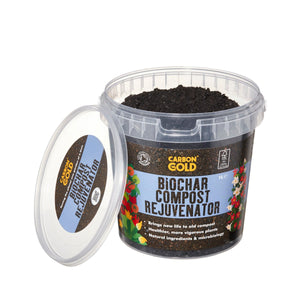 |
| For Peat’s Sake! Eco coir compost, 140g | Carbon Gold Biochar compost rejuvenator, 1L |
Check in with your goals regularly
The best way to maintain a New Year’s resolution is by checking in on your progress on a regular basis, whether that’s weekly or monthly. Don’t over-commit, perhaps pick one or two of the less time-intensive resolutions from our suggestions and build better habits over the course of the year. Reflecting back on how things are going and how you could further improve is a great way to make sure you reach your goals and continue to make positive changes to help look after the planet.
Check out some of the great ethically-sourced, sustainable products we have here at the Eden Project shop to help you kick start your journey to a more conscious way of living.

